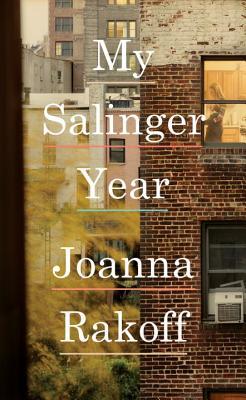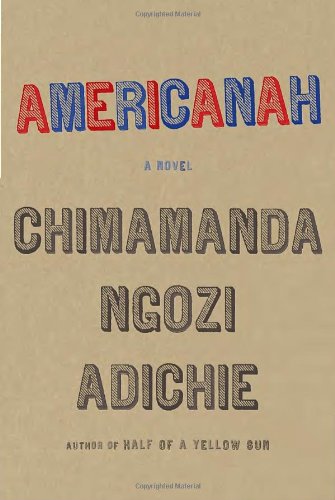Rakoff's memoir begins with her half-haphazardly finding a job and being fortunate enough to work for a storied New York City literary agency.
She is swept up in a new world that is her job, and struggles to live a life independent of her parents or ex-boyfriend from college.
The charm of the story includes her position as the assistant to the literary agent who represented J.D. Salinger, or Jerry, where she had the opportunities to talk with and even meet the famous recluse.
Part of Rakoff's responsibilities included reading the piles of passionate and touching honest fan letters to Salinger. The agency, or Rakoff, was tasked with responding to the letters with generic form letters stating that it would not be able to forward the letter onto Salinger since Salinger did not wish to receive them.
Filled with anachronistic quirks such as using a typewriter when offices just started to convert to computers, My Salinger Year describes a New York City literary and publishing world that thrived before the internet, Kindles and e-books revolutionized and overturned the industry.
The story reminds me of my early jobs out of college. And they were just jobs, not quite a career yet. I was fortunate to work for Discovery Communications during the hay day of media when ad revenue streamed in, and then at The Washington Post when newspapers were still what everyone woke up to, especially on a Sunday morning.
After reading Rakoff's memoir, I think about how I should write about my years at The Post.
The admiration when I told people that I worked for The Post, the record breaking advertising revenue years that I was a part of as a Marketing Manager, the Secret Service in the building lobby because the President or a visiting head of state was being interviewed in The Post's uber-executive conference room that had its own kitchen and serving maid.
How Warren Buffet held the door for me while he was at the building attending The Washington Post Company's Board of Directors meeting, how Denzel Washington's brother David worked in accounting and I was able to sit in during an Editorial meeting chaired by Len Downie.
There were so many amazing things that I did at The Washington Post, and I often forget how fortunate I was to be a part of such an institution.
 |
| 1150 15th Street, NW, Washington, DC 20071 |


